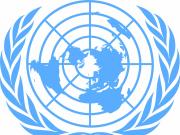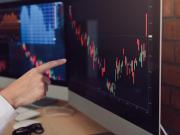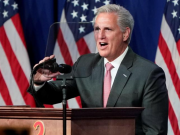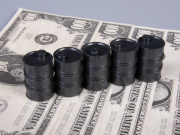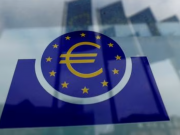The growing rift between the United States and China has worsened due to the Coronavirus pandemic. With the U.S. President Donald Trump blaming China for engineering the virus at a Wuhan lab and the latter hitting back, smaller South-east Asian countries are in a dilemma to take sides. Singapore's Prime Minister Lee Hsien Loong warned that the two superpowers colliding over world control will leave the countries like his in a tight spot.
Singapore, a country depended on trade with both countries has maintained a cordial relation with both U.S. and China over the last four decades. But Lee believes that going forward, in the post COVID-19 world, "it will become harder for countries to stay onside with both powers" and "it will be a more dangerous world for a small country like Singapore."
"Asian countries see the United States as a resident power that has vital interests in the region. At the same time, China is a reality on the doorstep. Asian countries do not want to be forced to choose between the two," Lee wrote in U.S.-based Foreign Affairs magazine.
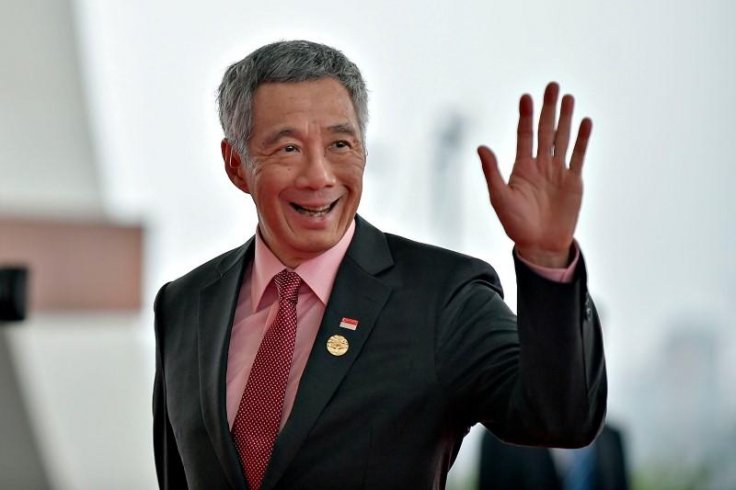
The collision of Pax Americana and Wolf Warrior Diplomacy
Now more than ever, the U.S. is heavily dependent on China despite every president of the country trying to make sure that never happened. As some jokingly call it "U.S. is made in China", the North American country imports 21.57 percent of its goods from the Asian powerhouse while exports only 7.21 percent with a trade deficit hitting a historic low at $419.2 billion in 2018 as per World Bank data.
China, on the other hand, enjoyed a rapid rise in its growth and made the world more dependent on its labor force and manufacturing capacity while bullying the small Asian countries like Malaysia, Sri Lanka and Pakistan, making it just like the Wolf Warrior movie showed, 'no one messes with China'.
But with Donald Trump making it to the White House, bells started to ring in the U.S. as he publicly shamed his predecessors on making China strong. The subsequent trade war followed as both countries hit back at each other with higher tariffs but it was the U.S. which suffered the most.
It was evident during the initial days of the Coronavirus pandemic as the U.S. waited for medical supplies, medicines and even ventilators from China. However, Trump, in trying to ensure the Pax Americana model, has said that Hong Kong's special status as a trade partner will be abolished as it is controlled by China, showing the world another terrible side of a cold war that could impact the entire Asian continent.
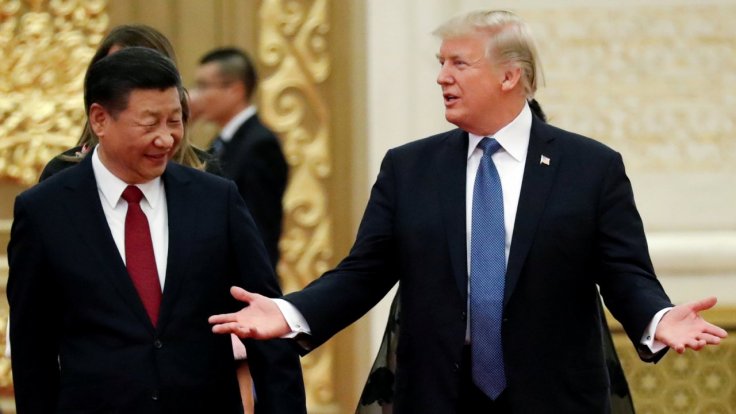
Which side to take?
From an economic standpoint, China's close vicinity makes it a difficult choice for not just Singapore but for all Southeast Asian countries. China is Singapore's top partner in both import and export, amounting to 12.24 percent and 13.34 percent of total trade, respectively. The U.S, on the other hand comes third with 11.36 percent of total import and fifth in export with only 7.74 percent of the total share as per World Bank data of 2018.
What has made Singapore the most concerned country in such a situation is its 'connectedness' with the world. From a global trading hub to an international seaport and now a hub for telecommunication, Singapore has played fair on its promises in a more connected, open economy, in a 'live and let live society'. But if it's forced to side with either Beijing or Washington, the very definition of Singapore will be in jeopardy.
"Southeast Asian countries, including Singapore, are especially concerned, as they live at the intersection of the interests of various major powers and must avoid being caught in the middle or forced into invidious choices," Lee wrote.
"The two powers must work out a modus vivendi that will be competitive in some areas without allowing rivalry to poison cooperation in other," he added.
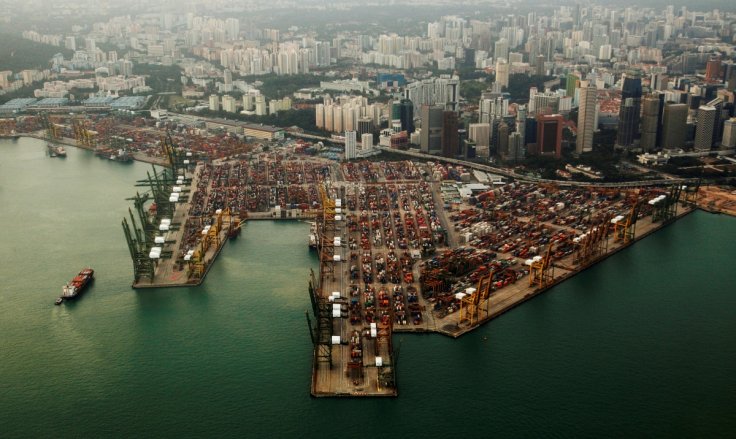
Stress on Self-reliance
In such a situation, Lee echoed India's self-reliance motto to ensure Singapore doesn't suffer in the crossfire. The republic's economy, mainly manufacturing, biotech and financial services have served the world market heavily in the last decade or so. Thus, he believes strengthening those will yield results.
"We have to prepare for a very different future. Companies big and small will be hit hard. Some industries will be permanently changed. Many will have to reinvent themselves to survive. Workers too will feel the pain. Retrenchments and unemployment will go up," Lee warned in his speech on June 7.
"Domestically, we have to strengthen our social compact. We have taken emergency measures to help everyone come through the crisis together. Everyone must have the incentive to be self-reliant, and to progress through their own efforts," he added.





